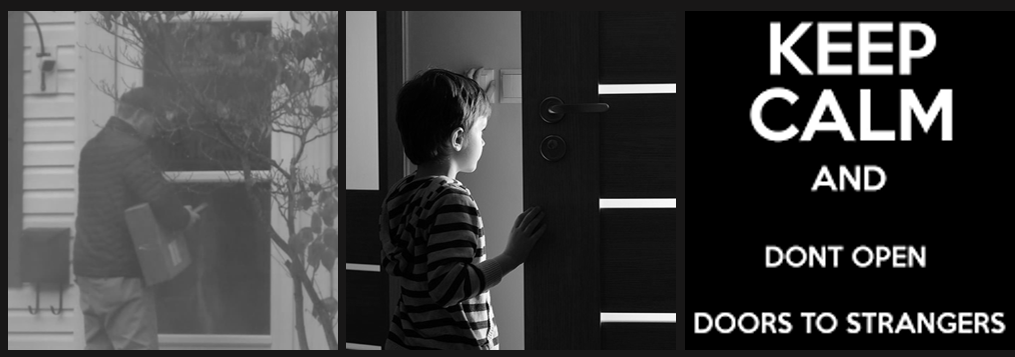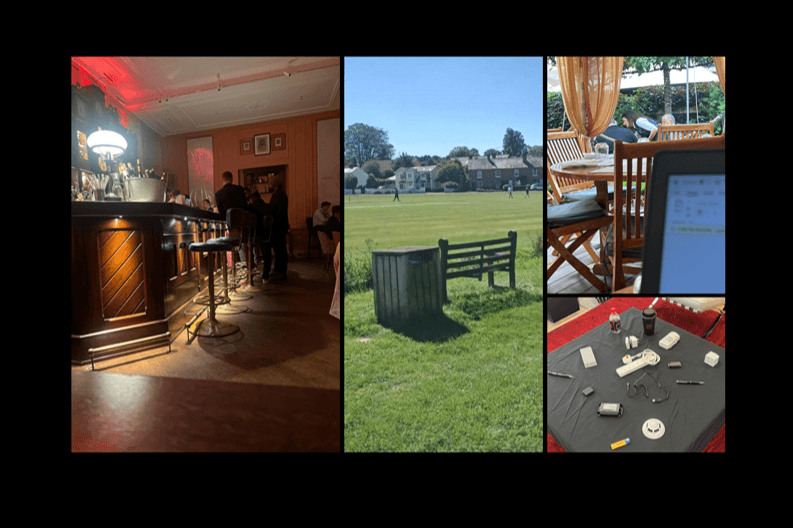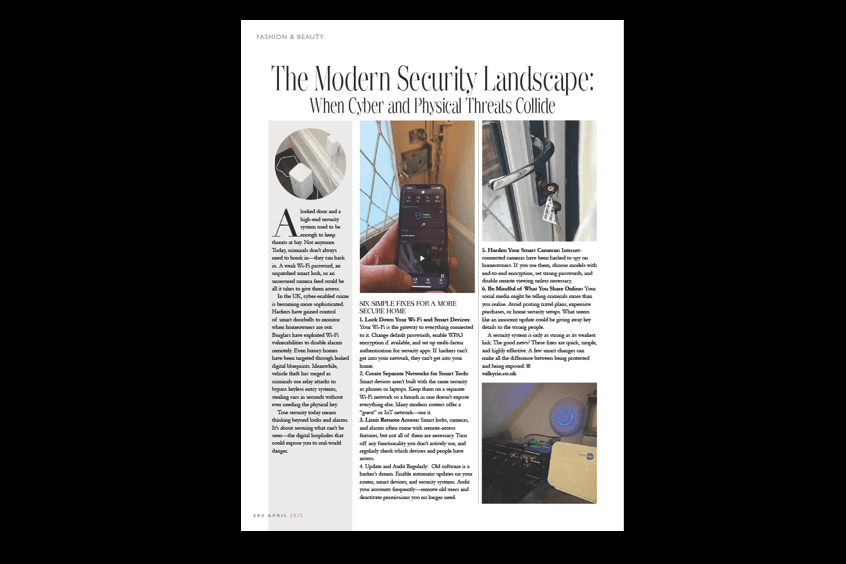When I was a young policeman walking the streets of Notting Hill & Kilburn, I had occasion to knock on doors and speak to the residents. Often, young children opened the door. This always concerned me, especially as most of the time, I knocked on these doors unannounced and the occupants didn’t know who was at the door.
Luckily, it’s very rare for a child to be snatched at the door, but it does happen. A child answering the door to stranger may also afford a criminal the opportunity to carry out a ‘snatch robbery’ or canvass the house for a future robbery – criminals can gain important intel on a house from a short conversation at the door.
The following is my advice to parents/guardians:
- Never allow a young child to open the door alone, even if you’re at home
- Teach young children not to immediately react to the door when the bell rings
- Teach your children about ‘Stranger Danger’ without frightening them
- Do not allow strangers into your home
- If a child is alone in the home, tell them not open the door under any circumstances and if they have reason for concern call a parent/the police immediately
- Frequently remind children on what to do when/if a stranger calls
Essentially, and in my experience, I like to teach children not talk to strangers, not to trust them and I always brief parents the ABC rule – Assume nothing, Believe no-one and Challenge everything.
This all seems like common sense, but in my experience its surprising how many people do not follow these simple rules.
Last month, we were tasked by a client to go to their home and brief the family on security, this was brought about by a potential threat. After briefing the parents we were asked to brief the 2 young children – the parents said, ‘it’s better coming from you guys as they’re more likely to listen to you’. The children were aware of the potential risks posed by strangers and the family rule, ‘not to open the door to strangers. However, what they didn’t have was a good understanding of how a criminal may operate. This is definitely an area you can enhance when briefing children – did they see the individual hanging around previously or acting suspiciously in any way, and if assessed as ‘yes’ highlighting the need to report the incident and provide basic details – short briefings/training will enhance children’s survival & suspicion instincts and build up their situational awareness skills, an important life-skill that many of us don’t possess and build-up until were older.














